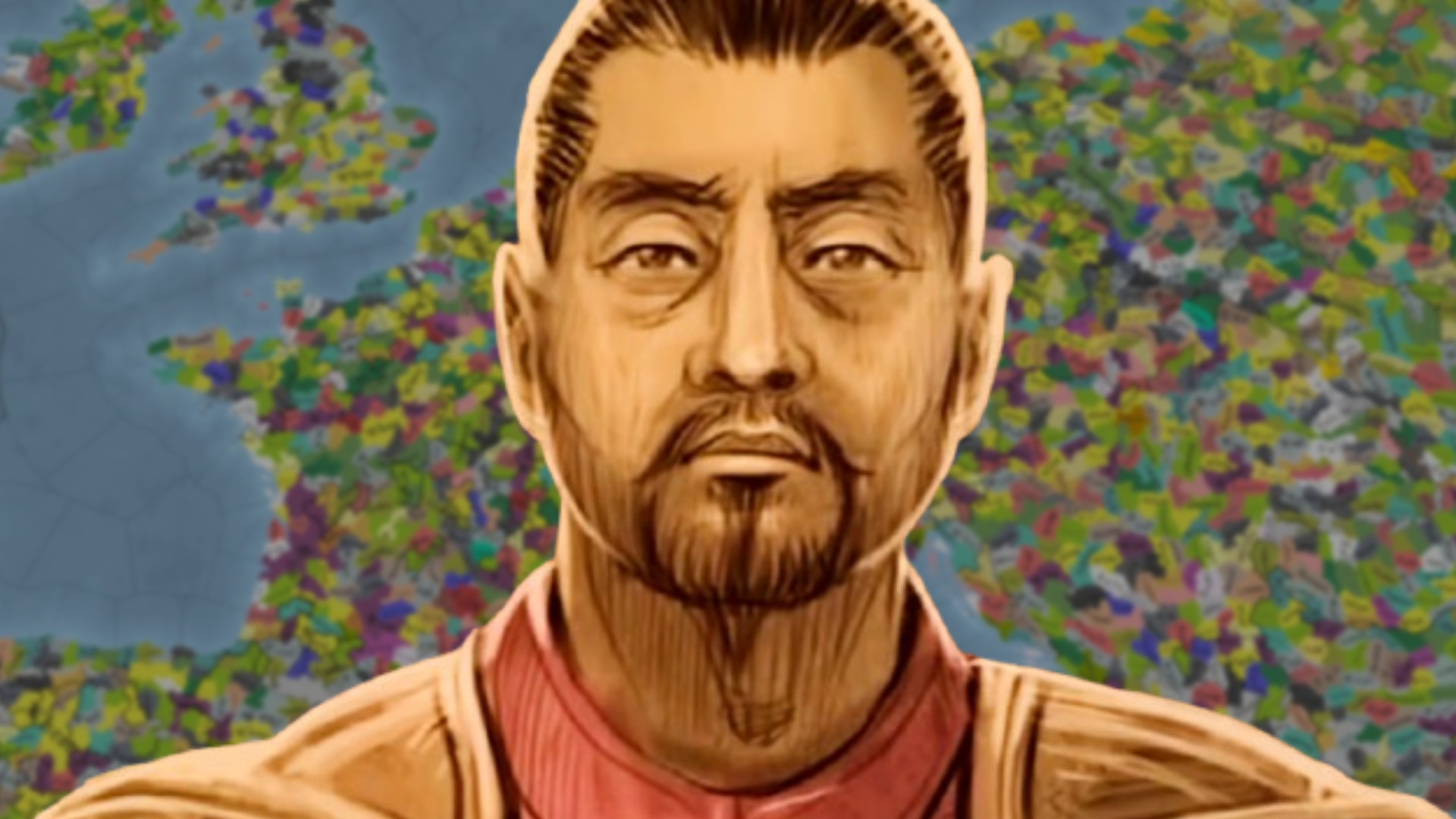Paradox’s first Europa Universalis 5 developer diary has arrived, and it naturally kicks things off with a deep dive into one of the most fundamental changes the grand strategy sequel is bringing to the table. EU5 ‘pops’ allow people to be modeled down to a much more intricate level than was possible in previous entries. It’s reminiscent of systems we’ve seen in other games such as Stellaris, and promises to ramp up both the simulation and immersion aspects of Europa Universalis 5 to all-new levels, so let’s take a look at how it works.
Beginning in 1337 and running until 1837, Paradox says it wants Europa Universalis 5 to “immerse players in a historically rich and dynamic world where every decision has tangible consequences for both its inhabitants and the environment itself.” Core to this is the introduction of pops, which replaces the more generalized population stats of EU4 and “aims to simulate every single living individual that existed in 1337 at a granular level.” The best grand strategy games are those that really let you dig down to the details, and that’s what pops are designed to do.

Each pop has an assigned culture and religious beliefs, creating rich and diverse populations “in almost every location” across the map. These elements have a direct impact on many of EU5’s core systems – cultural prestige, available advances, population literacy, and many other behaviors. They also mean you’ll need to carefully balance the wants and needs of the various parts of your population, and any friction that can be sparked by such differences.
“The pops system makes EU5 feel more like a world simulator, where every choice shapes a nation’s social fabric,” Paradox says. Pops will adjust dynamically in response to their needs and player policies. The way you enhance a settlement will promote or demote certain social classes, for example; “Where burghers and laborers primarily produce goods for the economy, nobles and soldiers provide the defense, and clergy provide literacy.” If you already excel in one area, it will be easier to convert other pops to that speciality.
Your pops will, of course, require everything from basics like food and clothing to more luxury goods. Hold a surplus and the populations will grow and be easier to promote to higher social classes. Fall short and your workforce and military potential will begin to shrink as pops decline or become demotivated. While some of this can be mitigated through trade, you’ll also have to deal with tougher challenges such as natural disasters and diseases that can devastate entire populations, especially those that are more tightly packed together.
One obvious example of this is the Black Death. Because it primarily impacts urban populations, and can be spread across borders through trade, you’ll be forced into tough decisions about quarantining your cities or sacrificing potential income to secure the health of your citizens. Paradox does note, however, that you’re able to switch this kind of widespread disaster off entirely, or randomize its date and initial location if you’d like to approach it differently with your next playthrough.
Pops allow Paradox to create many more of the interesting choices that make the best strategy games sing. Granting privileges to one group could quite easily upset another. Promoting a state religion could unify your pops, but will cause the minority outliers to become even more alienated. Pushing for more literacy and favoring wealthy pops will help improve your technological progress and trade efficiency, but at what cost?
Oftentimes, these decisions will be affected by your chosen nation. “After all, ruling the cosmopolitan Ottomans should be vastly different from managing the more culturally homogeneous Ashikaga Shogunate,” Paradox remarks. We recently spoke to the developer at Gamescom about how it’s bringing in some of its best ideas from other games in its extensive catalog to help enhance Europa Universalis 5.
Working hand in hand with pops is EU5’s new map, the team’s “most ambitious to date.” With approximately 30,000 locations, more than a thousand playable nations, and the ability to filter your view using over 70 different map layers, that’s not just a bold claim. Expect familiar standards such as ways to display national borders, markets, geographical and topographical changes, and now a ‘population map’ that displays granular pop data across the world.
“We believe that the ambitious simulation of every single living individual from 1337, coupled with the vast and detailed map, is what truly sets EU5 apart,” Paradox concludes. “The detailed pops system, with its cultural and religious depth, transforms every province into a microcosm of society, responding to every decision by the player.” The Europa Universalis 5 release date is set for November, so it won’t be long before we can try it in action.
Can’t get enough of digging through the details? Try one of the best management games in 2025. You might also want to consider an upgrade to the best gaming CPU right now to handle all those population calculations.
Which country are you intending to start your EU5 journey with? Let us know via the PCGamesN community Discord server, where you’ll find thousands of other readers to discuss the latest in PC gaming with.
Source link
Europa Universalis 5,Strategy





Average Rating